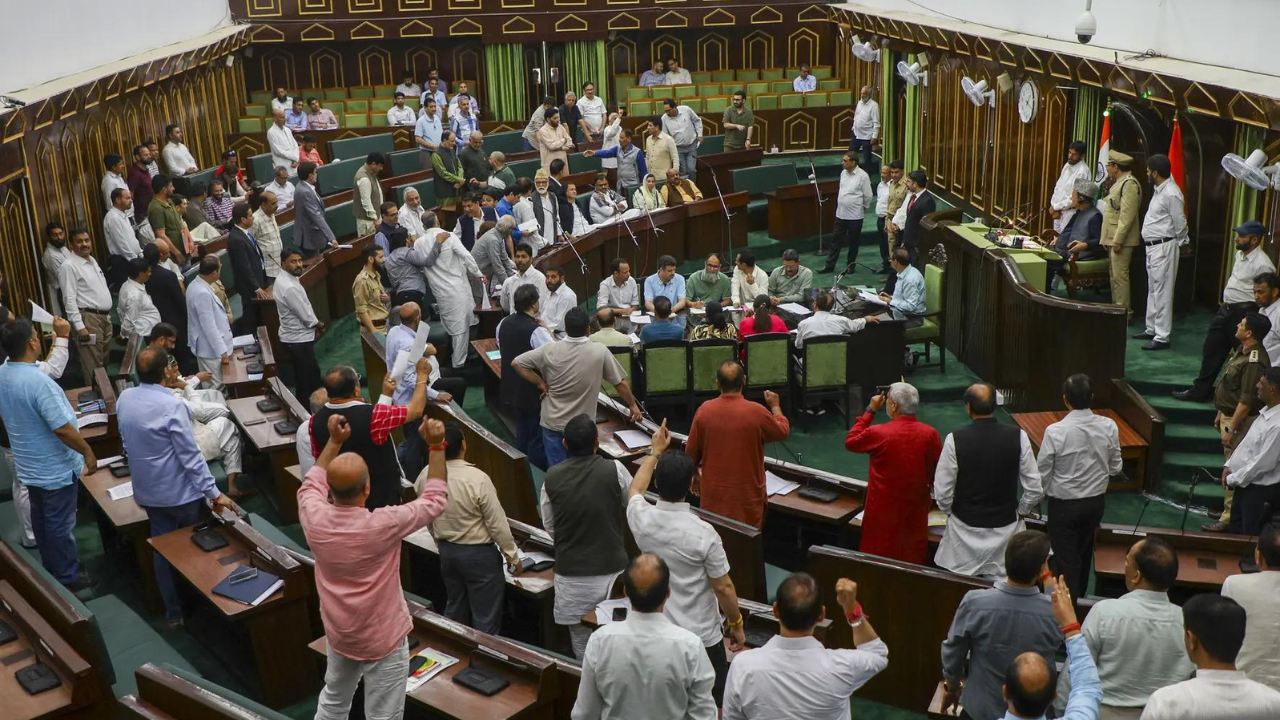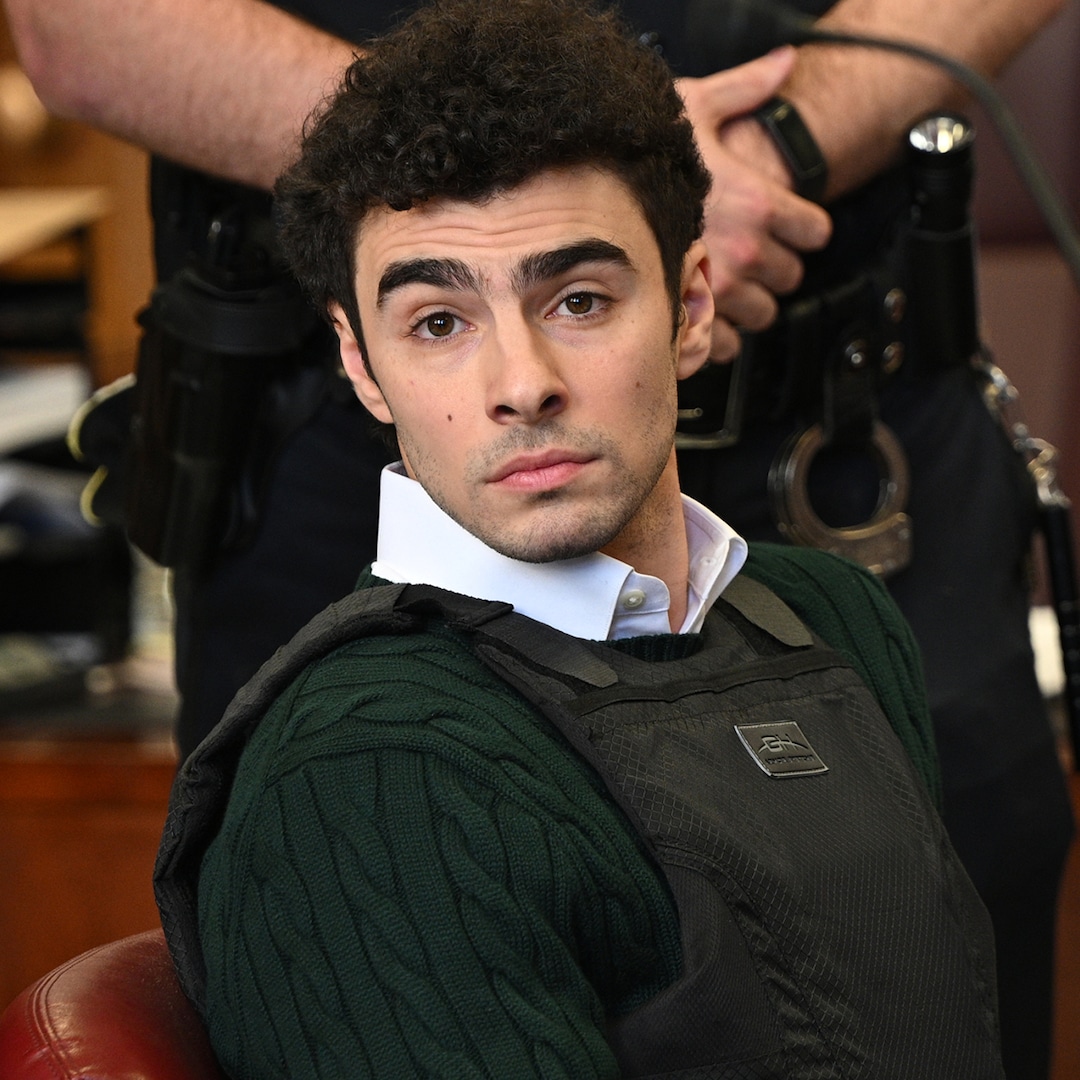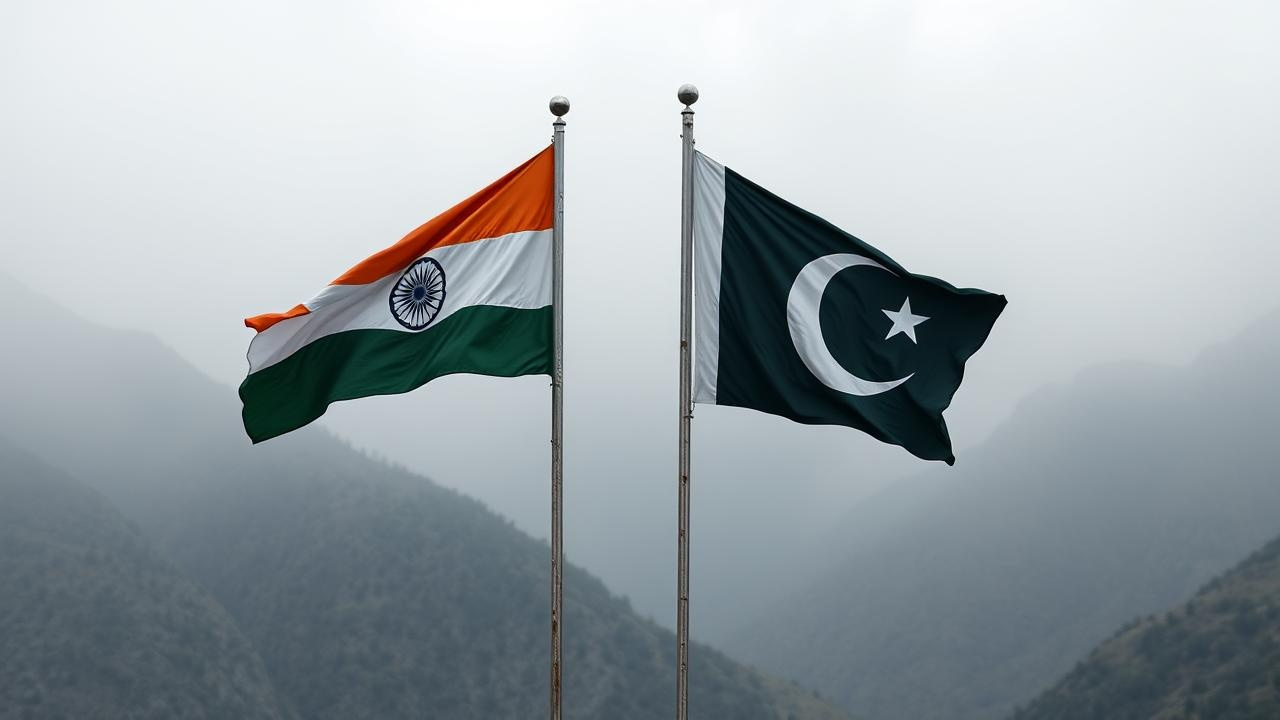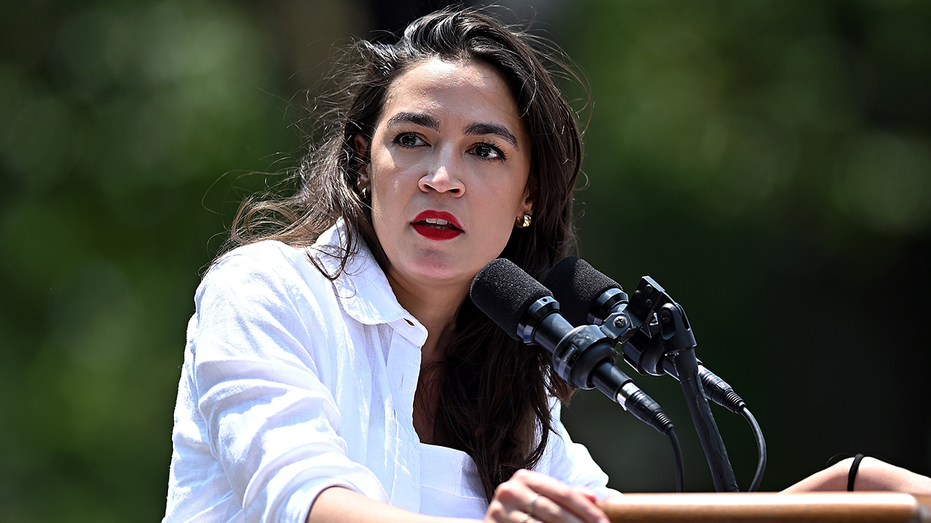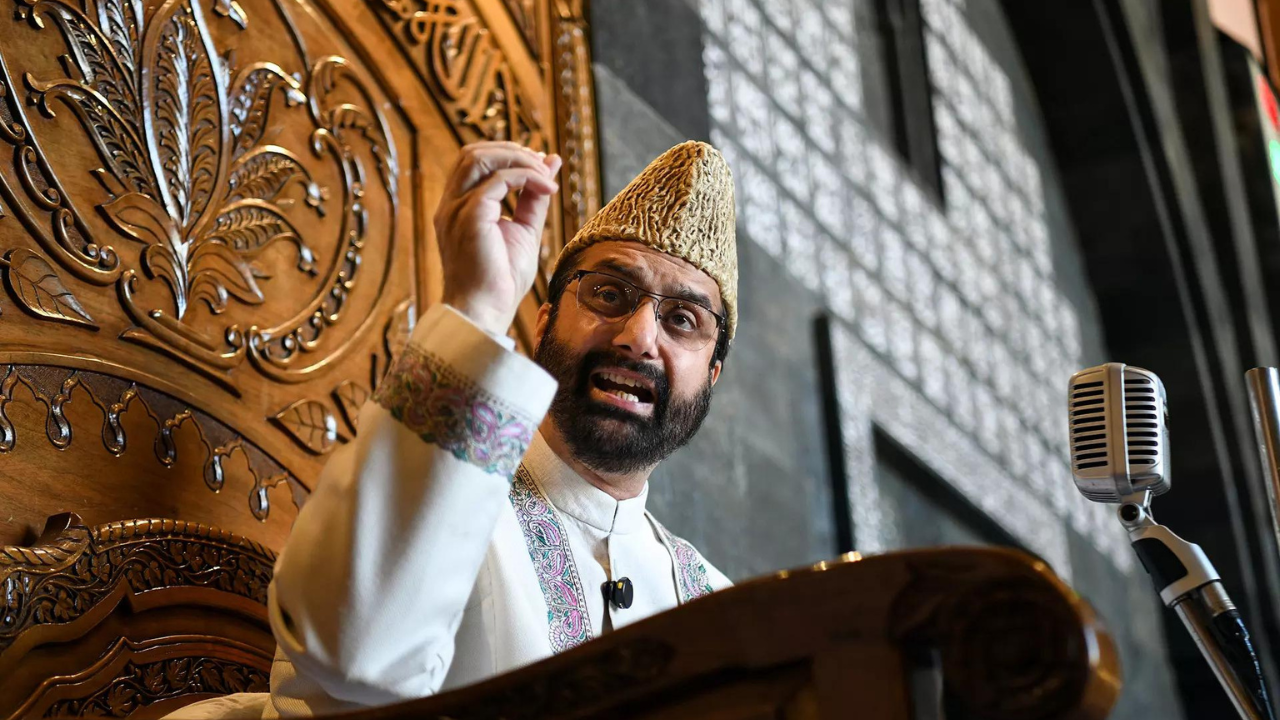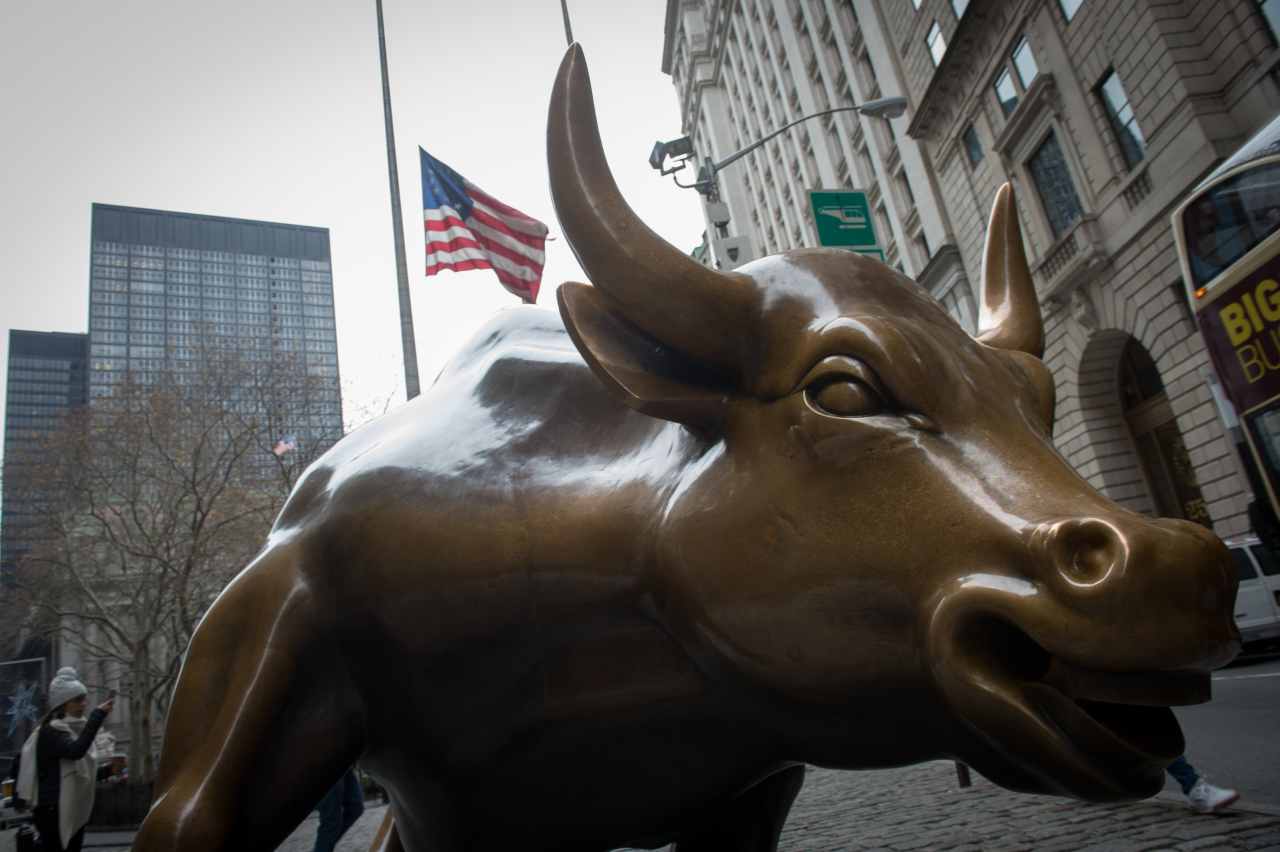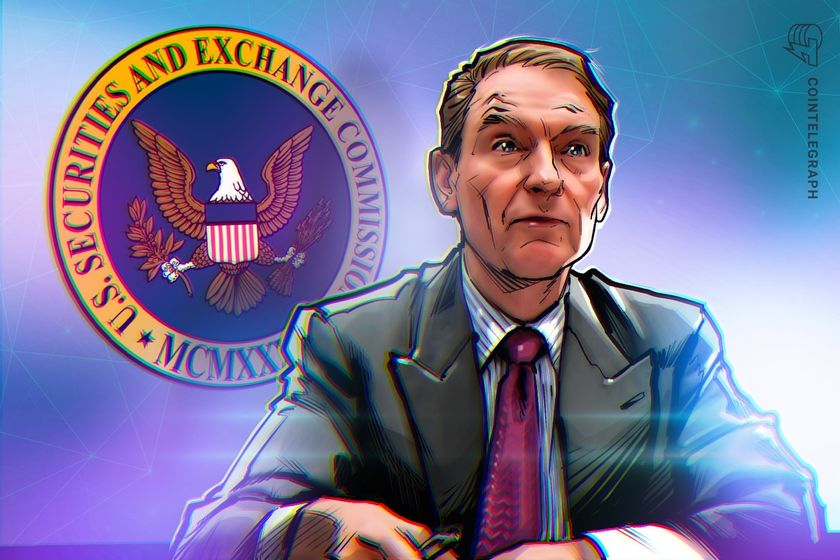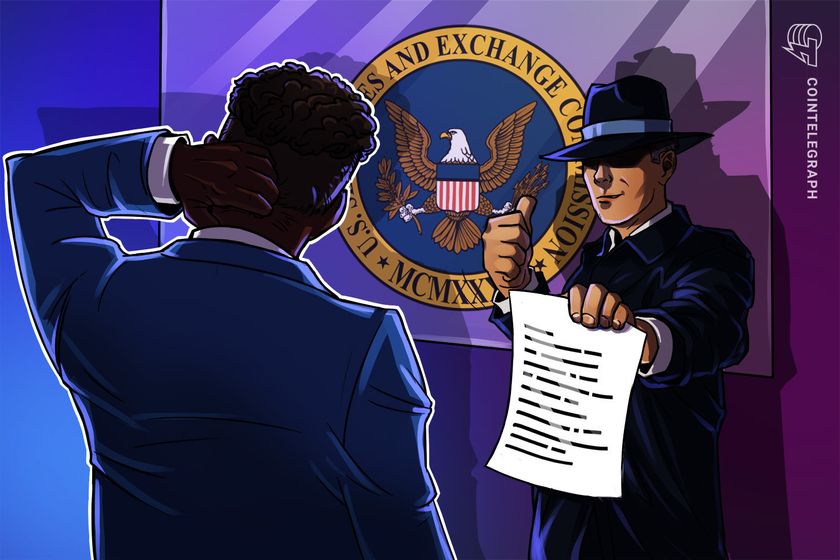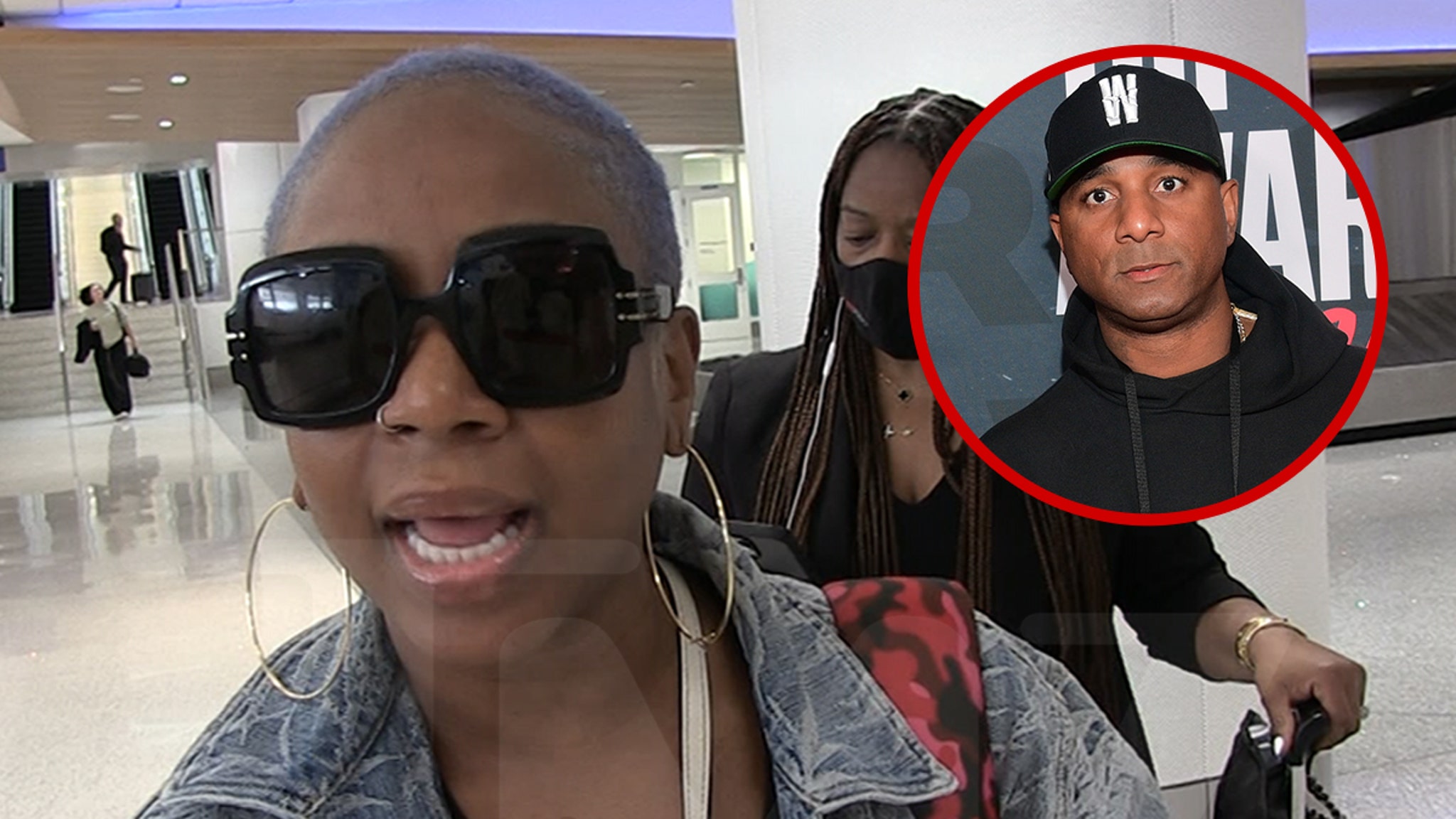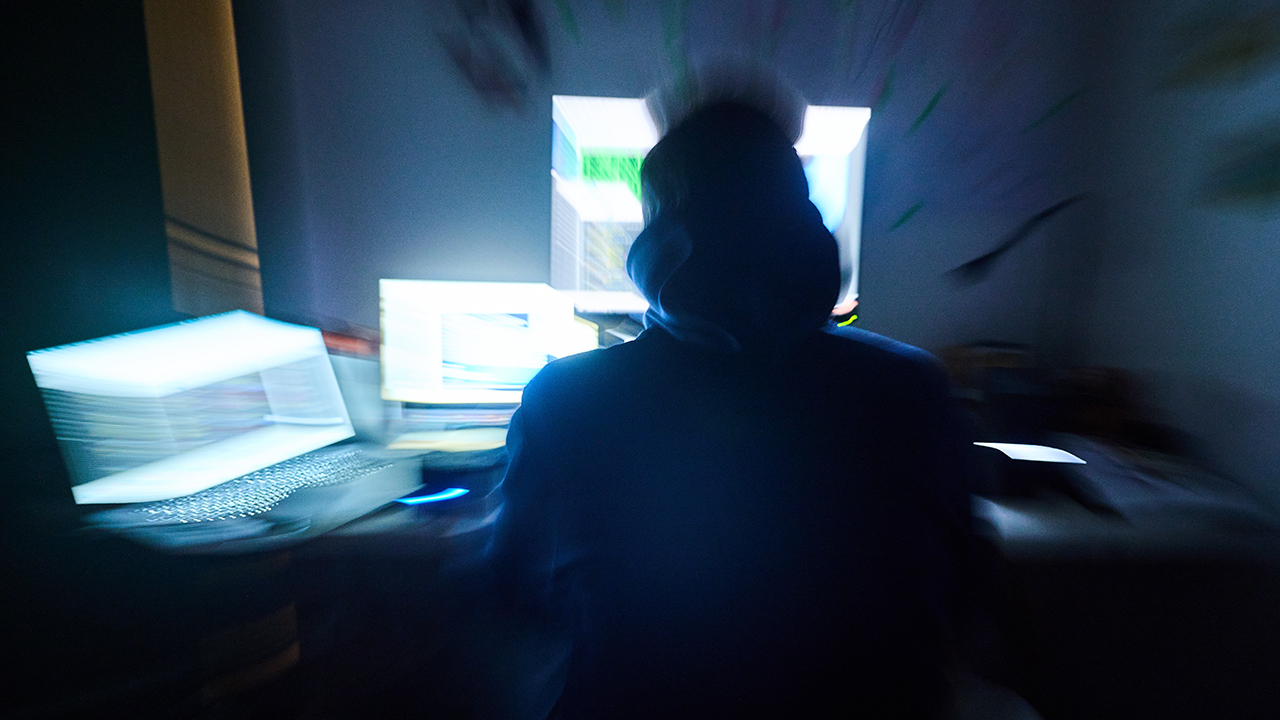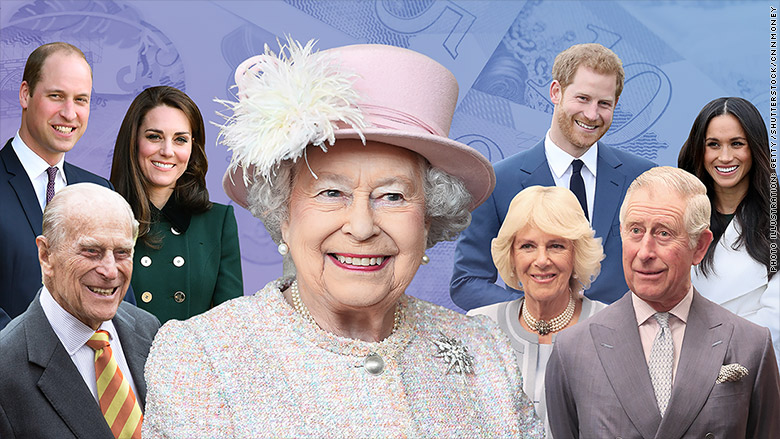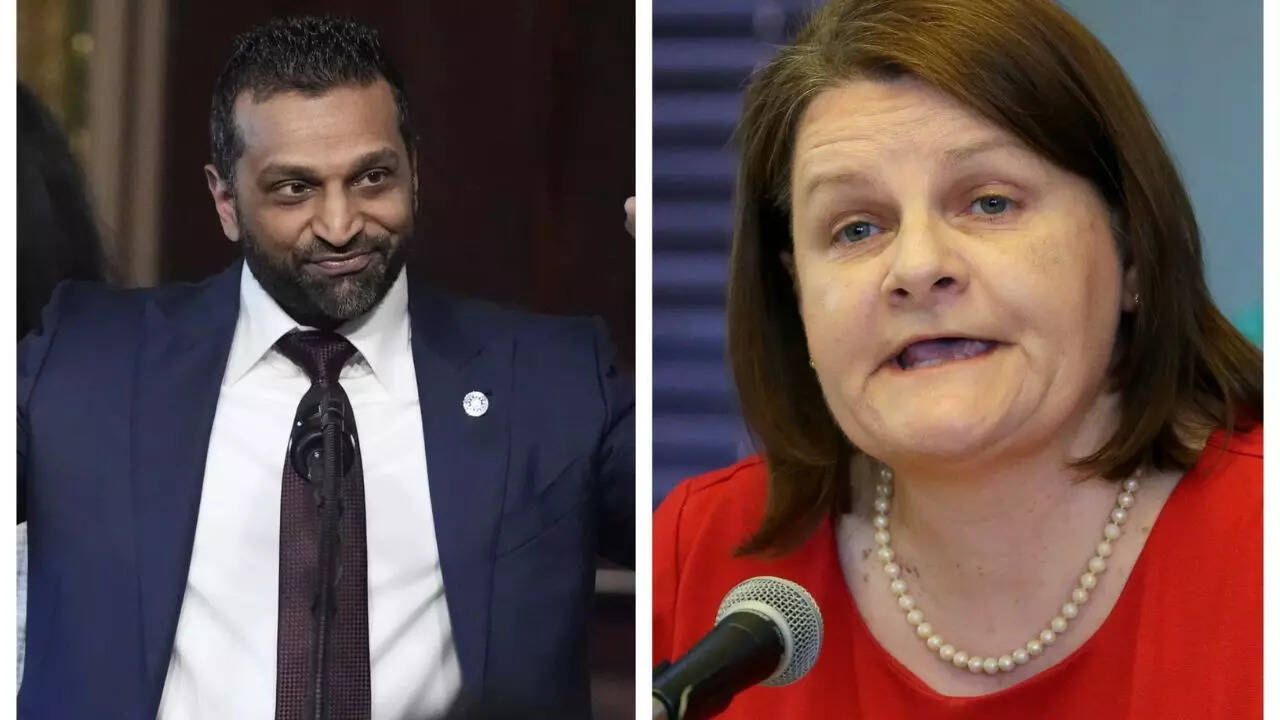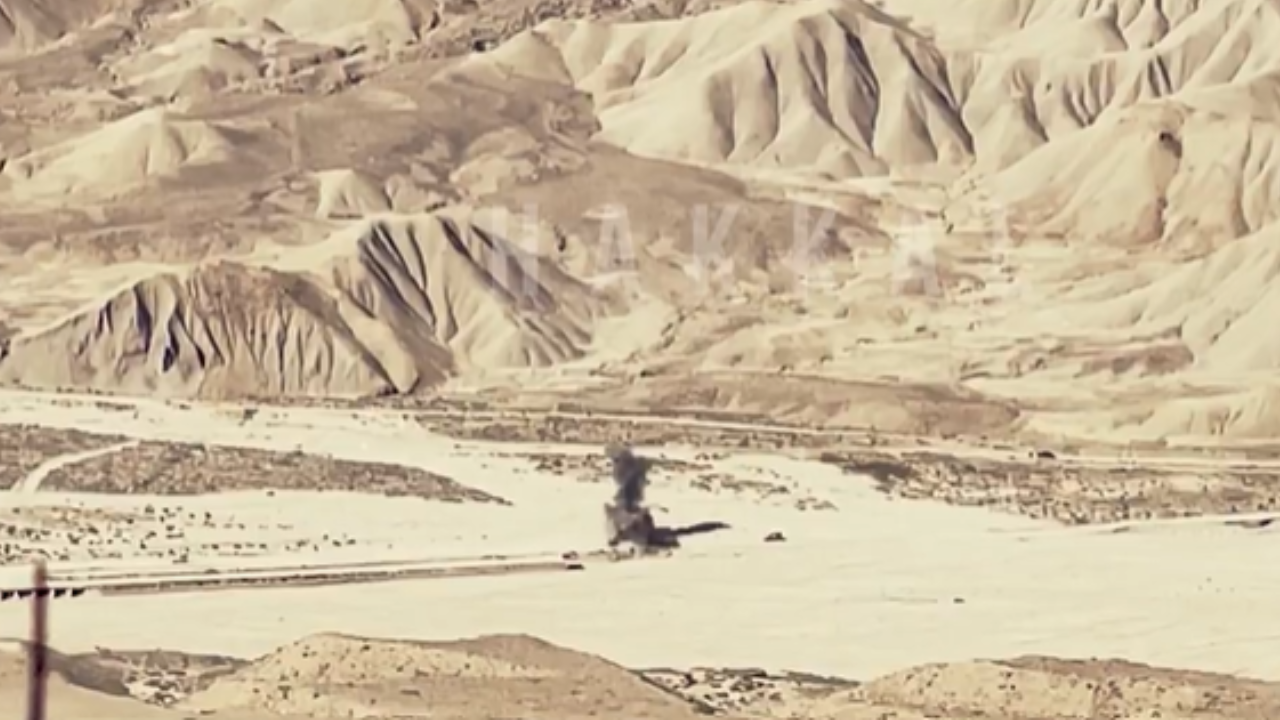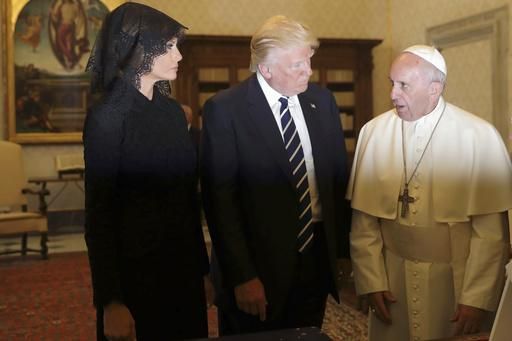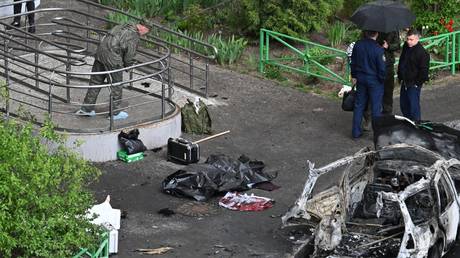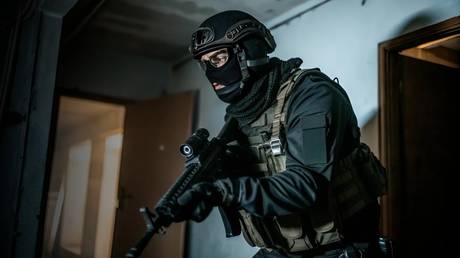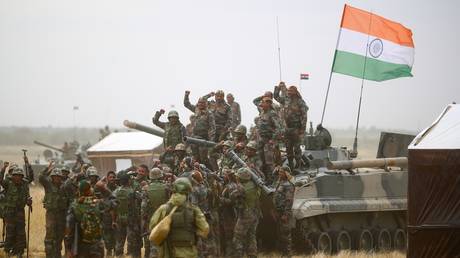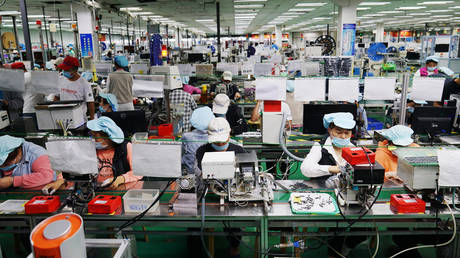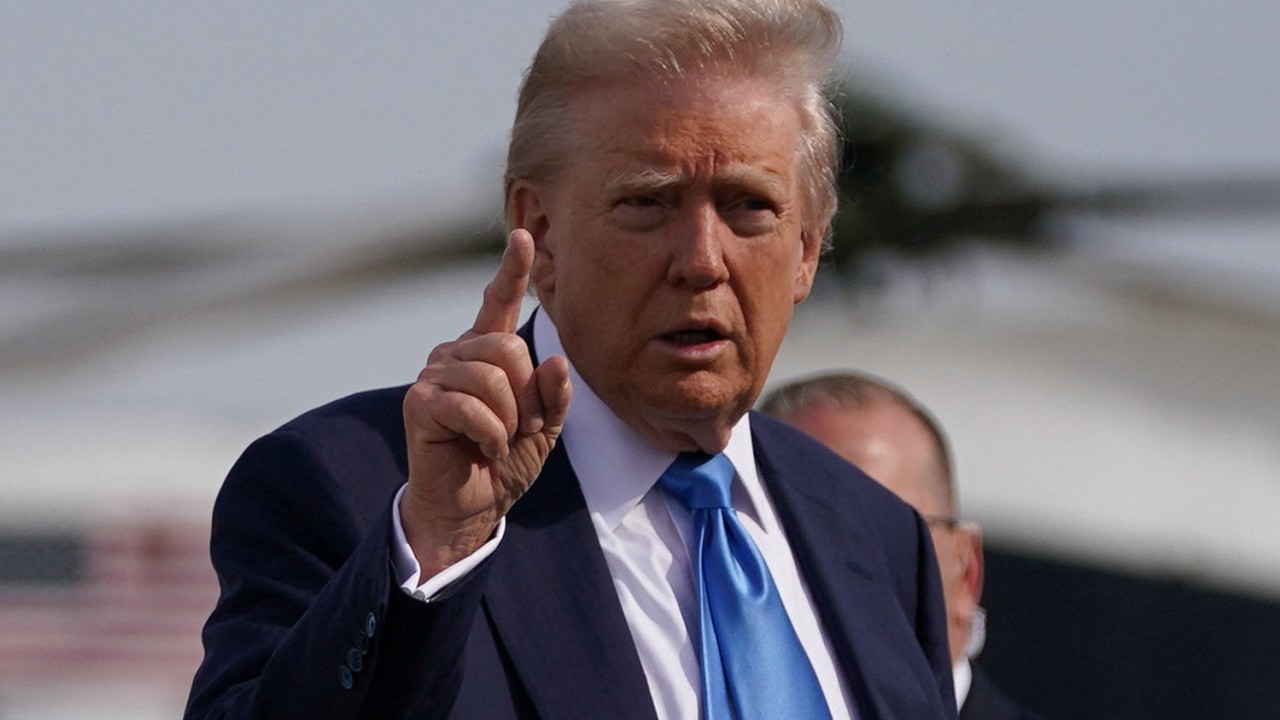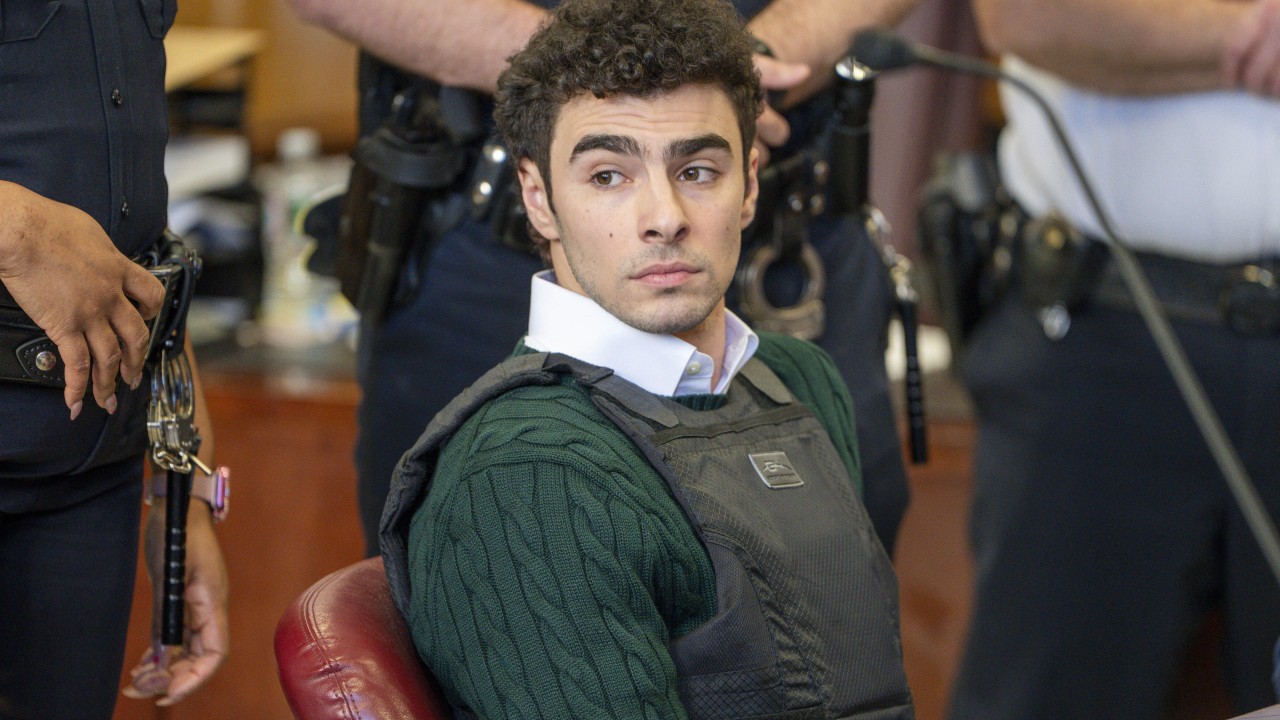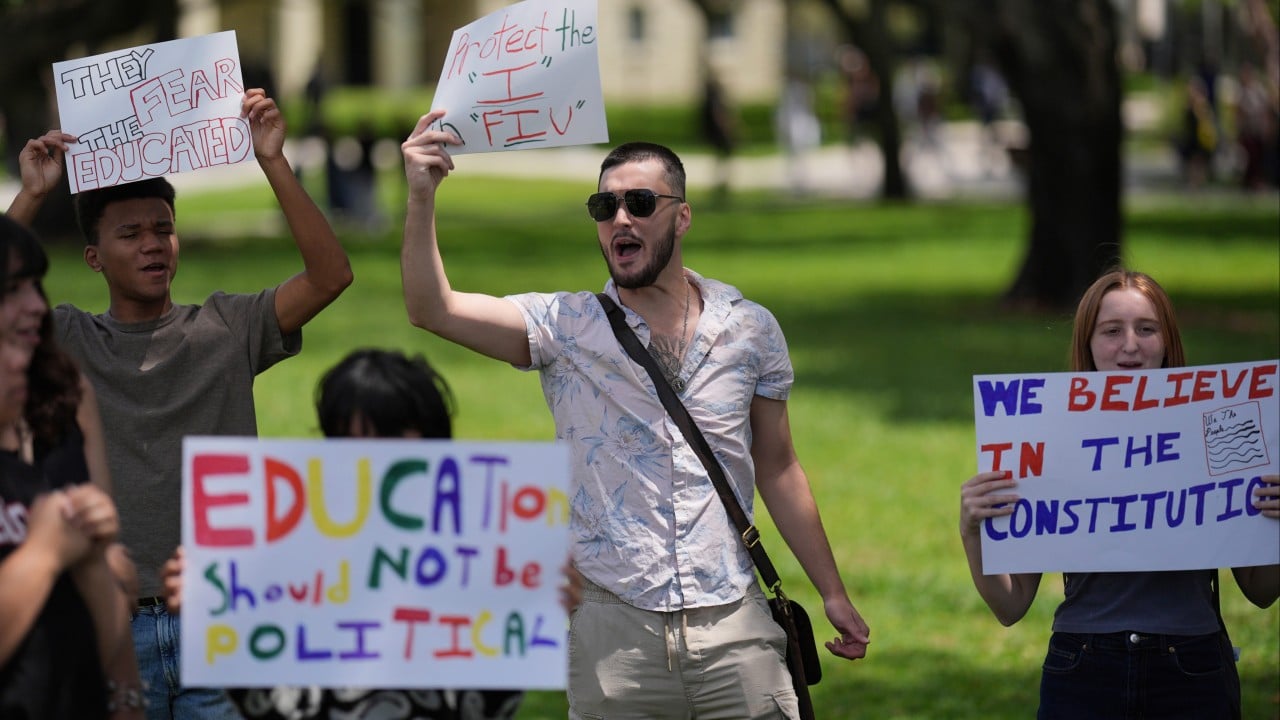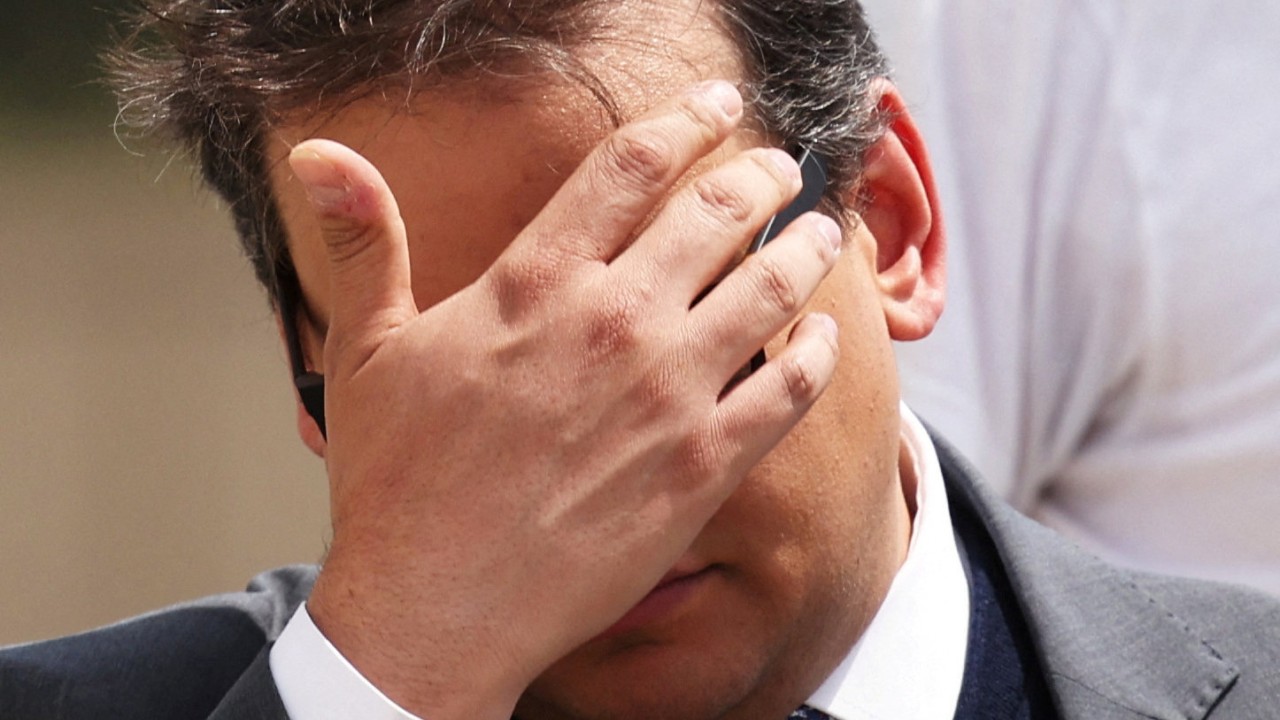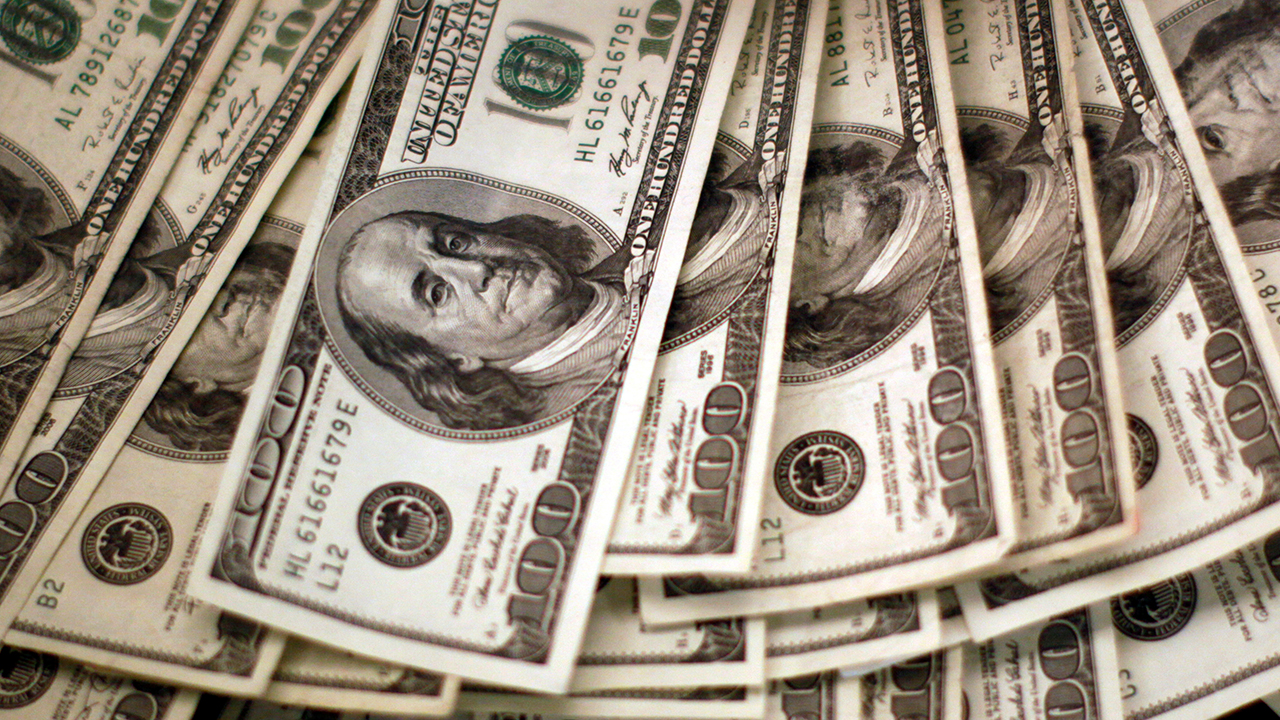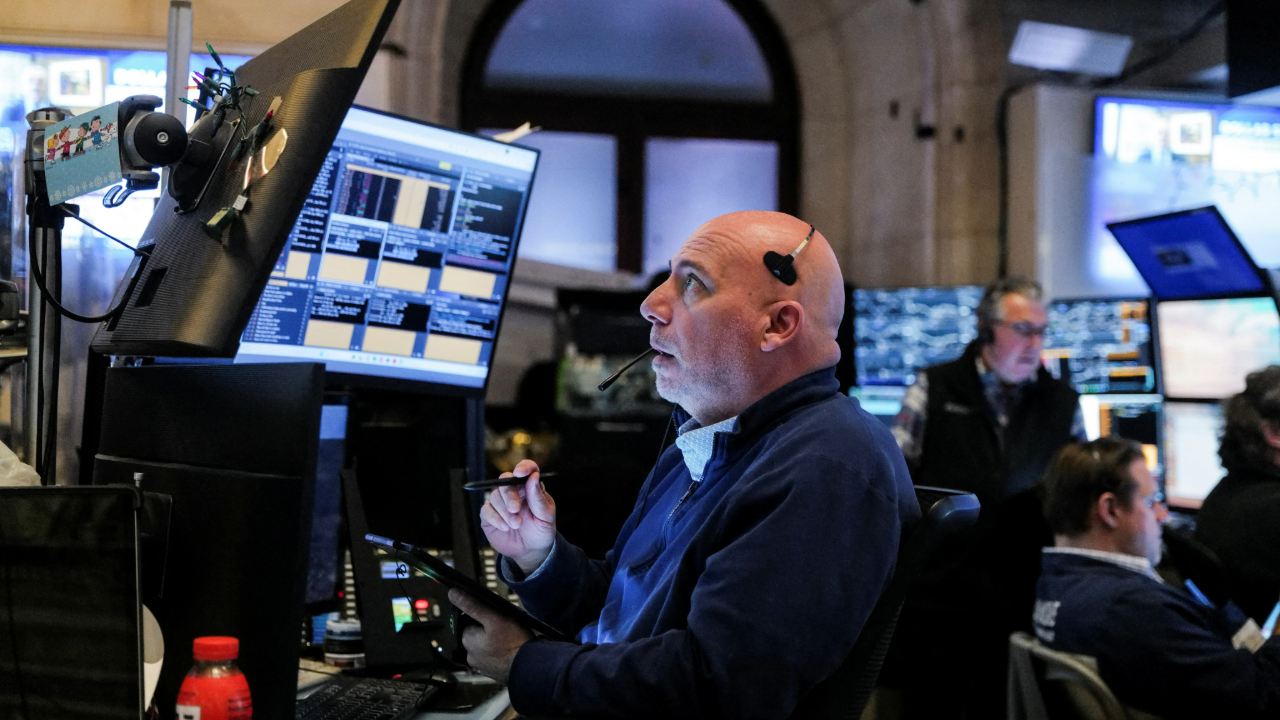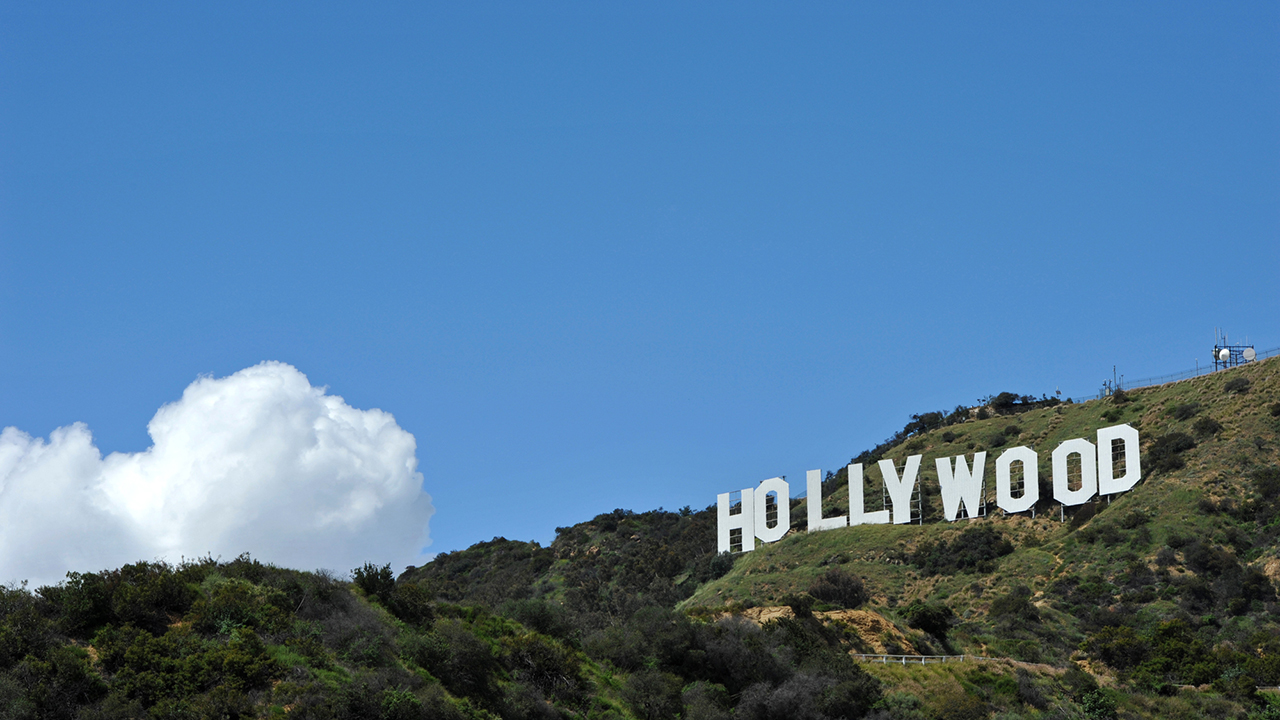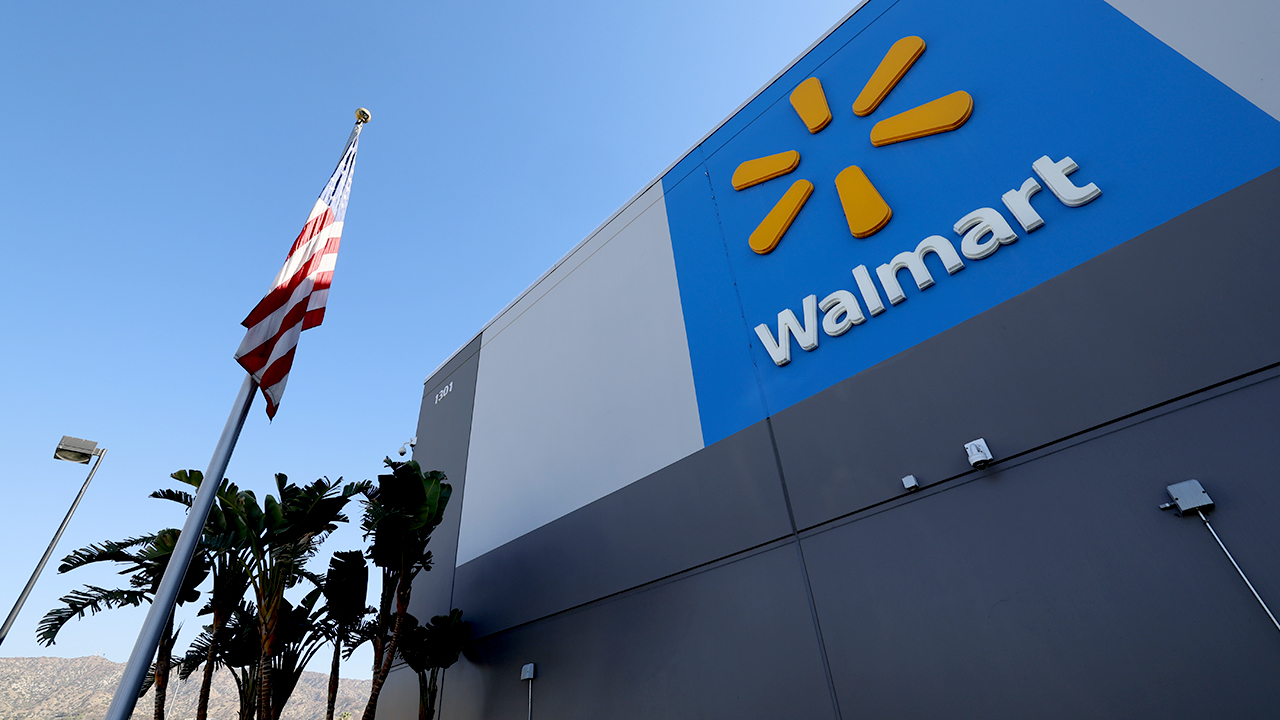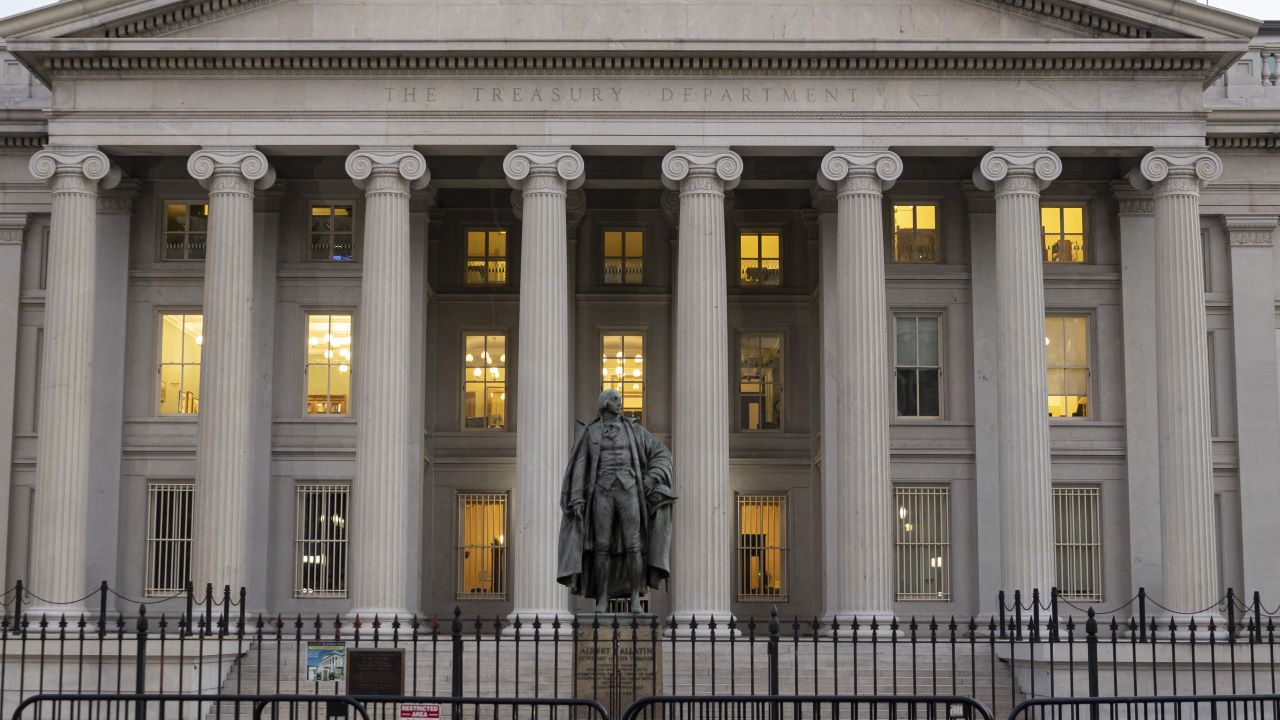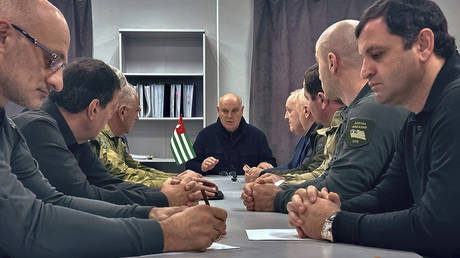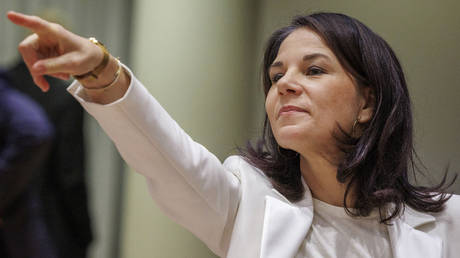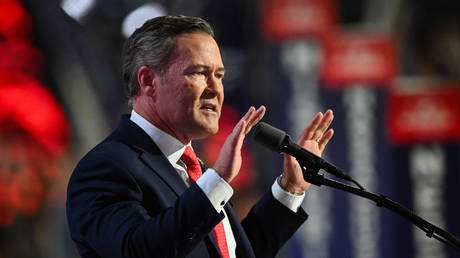What to Know About the Vatican’s Relationship With China—and What the Next Pope Means for It
The late Pope Francis tried improving the Catholic Church’s relationship with Beijing by increasing engagement. Here’s what could come next.


When Pope Francis died on Monday, governments around the world swiftly issued glowing tributes to the late Catholic leader and Vatican head of state. But one major country held off on a response until Tuesday evening.
“China expresses condolences for the passing of Pope Francis,” a Chinese foreign ministry spokesperson said matter-of-factly on April 22, when asked for comment at a daily news briefing. “In recent years, China and the Vatican have maintained constructive contacts and carried out beneficial exchanges. China is willing to work with the Vatican to promote the continued improvement of China-Vatican relations.” [time-brightcove not-tgx=”true”]
The day delay may appear innocuous, but experts tell TIME it reflects a strained ties between the Church and China.
As Pope, Francis worked on repairing this rocky relationship by increasingly engaging with Beijing, which is known for imposing restrictions on religious expression across faiths. Critics from both inside and outside the Catholic Church questioned Francis’ diplomatic attempts, but he emphasized the need to improve relations. Speaking to the Asia Times in 2016, Francis expressed his “admiration” for China and even extended greetings to President Xi Jinping, adding: “The Western world, the Eastern world, and China all have the capacity to maintain the balance of peace and the strength to do so. We must find the way, always through dialogue; there is no other way.”
Experts tell TIME that Francis’ passing may lead to some changes in the Vatican’s approach to China, though they add that it would be in the world’s best interest for the new Pope to continue outreach efforts.
“To protect its own sovereignty and to allow its capacity to engage with global affairs, the Vatican does need working relationships with the most powerful world powers,” says Michel Chambon, a researcher of Asian Catholics at the National University of Singapore. “You cannot not have a working relationship with China.”
A history of China-Holy See relations
There are a number of roadblocks to improved ties, perhaps no less than the lack of formal diplomatic relations. Two years after it was established, the atheist Communist regime of the People’s Republic of China in 1951 severed its diplomatic relations with the Vatican and expelled its papal internuncio—the Holy See’s envoy—on “espionage” grounds, an apparent rebuffing against Western influences. The Vatican, meanwhile, maintains formal relations with Taiwan, the self-governing island over which China claims sovereignty.
Domestically, China’s Constitution allows for freedom of religious beliefs, with some caveats: that nobody can use religion to “engage in activities that disrupt public order, impair the health of citizens or interfere with the state’s education system,” and that “religious groups and religious affairs shall not be subject to control by foreign forces.”
Catholicism is one of five official religions that the Chinese Communist Party recognizes, but Catholics are only legally allowed to practice a version of the religion monitored by the state. Each of the five religions—the other four being Buddhism, Taoism, Islam, and Protestantism—have government-controlled bodies that manage their respective affairs; for Catholicism, it’s the Chinese Catholic Patriotic Association. Chinese Catholicism is essentially the same theologically and doctrinally when compared to mainstream Catholicism, but the two diverge on their governing structure. Traditionally the Vatican governs Catholicism globally, but for Chinese Catholicism the state governs the church. The CCPA is meant to ensure that the practice of Catholicism aligns with Xi’s “sinicization” of religion—which forces religions to incorporate the CCP’s political agenda into their ideologies and practices. And, while the Pope generally holds authority over bishop appointments worldwide, the CCPA and the Bishops’ Conference of the Catholic Church in China (BCCCC), another government organization, made these appointments in China—without Vatican approval.
But a faction of the Catholic Church, colloquially known as underground Catholics, chooses not to affiliate with the CCPA and instead looks to the Vatican—as well as secretly ordained bishops—for theological leadership. Chinese authorities have historically harassed this faction, reportedly detaining some of its clergymen and closing its churches. China has about 6 million Catholics according to official figures, while there are an estimated additional 6 million underground Church members.
Papacies as far as Pope John Paul II’s have tried to mend the relationship, but Beijing’s conditions for full reconciliation with the Vatican reportedly include breaking off ties with Taiwan and vowing not to interfere in how the CCP runs its Catholic Church—including bishop appointments—which the Church has not agreed to.
How Pope Francis made inroads
When Francis became Pope in 2013, the Vatican was “in a dilemma and a no-win situation” when it came to China, Jonathan Tan, a professor of Catholic Studies at Case Western Reserve University in Cleveland, Ohio, tells TIME. The separation between the Vatican and Chinese Catholics had led to an “increasingly aging and dying Chinese episcopate [body of bishops] for Chinese Catholics who remained loyal to the Holy See.” Something needed to change.
Francis repeatedly expressed his desire to visit China—which no Pope has ever visited. Ultimately, he never did set foot there, but, in a sign of thawing tensions, Beijing allowed him to fly over Chinese airspace in 2014—with Francis even extending well-wishes to Xi as he passed over for a South Korea trip. It was the first time a Pope had been allowed to enter Chinese airspace en route to an Asian country.
In 2018, Francis’ papacy saw another historic development: a joint accord between China and the Vatican agreed to a compromise on the appointment of bishops, a sign of willingness to share Catholic authority. The specifics of the deal have not been made public, but Reuters reported that included a framework in which Chinese authorities and local communities would put forth names of new bishops that the Vatican would approve. It’s not the first time the Vatican came to an arrangement with a Communist-led regime; with Vietnam, for example, bishop appointments since the mid-1980s have been made by the Holy See presenting a list of names to the state for approval.
Still, critics from both within and outside of the Catholic Church viewed the reported deal as the Vatican ceding power to China. One clergyman suggested in a New York Times interview in 2018 that the move raises questions about how the Vatican would handle persecuted underground Catholics: “Those that are in jail, or those who don’t want to belong to the patriotic church, what will happen to them?”
But others say unwillingness to even sit at the negotiating table would have been worse. “The past 10 years were not the ideal international context to approach and discuss with China,” says Chambon. “Yet Pope Francis achieved an agreement.” The deal has since been extended thrice and is set to remain in effect until at least 2028.
Throughout his tenure, Francis also boosted the Vatican’s diplomatic profile by engaging with China, says Thomas Chingwei Tu, a Vatican researcher at Taiwan’s National Chengchi University. Tu pointed to how Francis in 2023 sent Cardinal Matteo Maria Zuppi to China—already a rare feat—not for an ecclesiastical mission but as part of a peace mission for Ukraine. “His significant performance is on these international politics issues,” Tu said, calling Francis the first Pope “to send a cardinal to China and to ask for China’s assistance in international efforts.”
What’s at stake for the next Pope
Experts tell TIME that the next Pope must approach China similarly to how Francis did if the Vatican wants to continue to exercise international influence as well as ensure the Catholic Church remains relevant in the country.
But repairing the relationship is not a one-sided task. Lai Pan Chiu, a professor of religious studies at the Chinese University of Hong Kong, says China is “less than lukewarm” about establishing a relationship with the Vatican, because Beijing is more concerned at the moment with its relations with Washington amid an escalating U.S. trade war. Lai adds that China could easily abandon the 2018 accord with the Vatican over bishop appointments and face little repercussions.
Nevertheless, Lai and Chambon both say the Vatican under its next papacy should still pursue good ties with China to effectively collaborate with it in solving issues like hunger and poverty. Chambon thinks the next Pope should even try to visit China, if possible. “China is such an important country in the world today,” he says. “The Catholic Church … it has to embrace it.”
If the next Pope were to change course on China and abandon efforts to reconcile, it could harm the Church’s image as an international peace broker, Chambon says. The Vatican would be perceived, he says, as having “yielded to pressures from Washington” and would be “less able to effectively prevent a dangerous polarization of the world.”
A backsliding could also lead to “further governmental pressure on the Chinese Catholic Church, for which a lot had already occurred in the era of President Xi,” says Tu. How China could escalate its pressure on underground Catholics, who have already faced bishop arrests and churches being destroyed by authorities under pretenses of local law violations, Tu says: “I don’t know how ridiculous it will be.”
What's Your Reaction?







